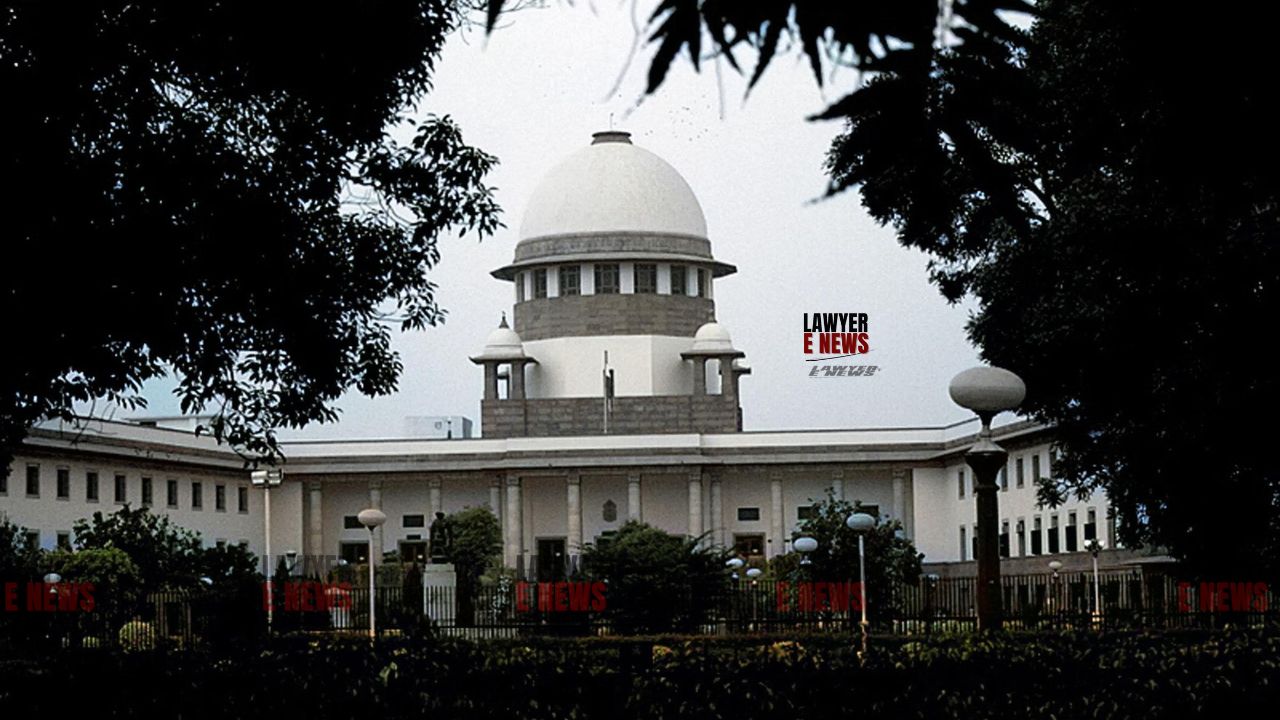-
by Admin
15 February 2026 2:16 AM



Reassessment Notices Issued Under the Old Regime Post 1 April 2021 Deemed as Notices Under the New Regime" – Supreme Court On October 3, 2024, the Supreme Court of India, in the case of Union of India & Ors. v. Rajeev Bansal, delivered a landmark judgment clarifying the retrospective application of reassessment notices under the Income Tax Act, 1961. The Court ruled that notices issued after April 1, 2021, under the old regime must be treated as issued under the new regime, and any reassessment notice issued beyond the prescribed time limits as extended by TOLA (Taxation and Other Laws Act) is invalid.
The case arose out of multiple appeals challenging the validity of reassessment notices issued by the Income Tax Department after April 1, 2021, under the old provisions of the Income Tax Act, 1961. These notices were challenged on the grounds of being time-barred, especially after the introduction of the Finance Act, 2021, which amended several provisions, including Section 148 and Section 149 of the Income Tax Act, altering the time limits for the issuance of reassessment notices.
At the heart of the dispute was the retrospective application of the new time limits for reassessment and whether the extension provided by TOLA due to the COVID-19 pandemic could be used to justify reassessment notices issued beyond the regular statutory timelines.
Jurisdictional Limits for Reassessment Notices: The Court emphasized that reassessment notices issued after April 1, 2021, must adhere to the new timelines introduced by the Finance Act, 2021. Under Section 149, the time limit for reassessment was reduced from four years to three years, with a longer period of up to ten years only applicable in cases where income escaping assessment exceeded ₹50 lakh.
Retrospective Effect of Finance Act 2021: The Court ruled that reassessment notices issued after April 1, 2021, under the old regime must be treated as having been issued under the new regime. Consequently, if the notices exceeded the new regime's prescribed time limits, they must be set aside.
Impact of TOLA on Time Limits: The Court held that TOLA was enacted to extend statutory time limits during the COVID-19 pandemic but clarified that this extension only applied to notices whose original time limits fell between March 20, 2020, and March 31, 2021. Any notices issued beyond the extended period (up to June 30, 2021) were invalid.
Sanction Under Section 151: The Court reiterated that obtaining prior sanction from the specified authority was a mandatory requirement for reassessment. Under the new regime, higher-level authority approval was necessary, and non-compliance with this requirement rendered the reassessment notice void.
The Court noted that once an assessment is made, it creates vested rights for the taxpayer. Reassessments that aim to vacate the original assessment must follow the legal procedure, including obtaining proper sanctions from higher authorities under Section 151.
The Court relied on its earlier decision in CIT v. Simon Carves Ltd., which emphasized that the assessing officer’s quasi-judicial role requires fairness, and any reassessment should strictly follow statutory procedures.
One of the critical observations made by the Court was the importance of "harmonious construction" in tax statutes. The Court stated that conflicting provisions of different statutes, such as the Income Tax Act and TOLA, should be reconciled to give effect to both. However, the Court clarified that while TOLA provided a temporary extension due to the pandemic, it did not grant the Revenue unchecked power to issue notices beyond statutory time limits.
In its landmark decision in Ashish Agarwal v. Union of India (2022), the Supreme Court had ruled that reassessment notices issued post-April 1, 2021, under the old regime would be deemed to be issued under the new regime. This judgment was further reinforced in Rajeev Bansal, ensuring that any reassessment notice violating the time limits under the new regime would be invalid.
The Court also specified that assessing officers must ensure compliance with procedural fairness under the new regime before issuing reassessment notices. Any failure to comply with the conditions set out in Section 148A or Section 151 would result in the invalidation of reassessment notices.
The Supreme Court concluded that:
Reassessment notices issued between April 1, 2021, and June 30, 2021, are deemed to have been issued under the new regime, and must comply with the new time limits.
The extensions granted under TOLA applied only to actions due to be completed by March 31, 2021, and not beyond.
Any reassessment notices issued outside the extended time limits, or without obtaining prior sanction from the specified authority, were without jurisdiction and invalid.
This judgment reinforces the necessity of strict adherence to statutory time limits in reassessment proceedings. It provides clarity on the application of TOLA and the Finance Act, 2021, ensuring that taxpayers are not subjected to arbitrary reassessment notices issued beyond the prescribed limits. The judgment also emphasizes the importance of procedural fairness and the need for obtaining proper sanctions before issuing reassessment notices.
Date of Decision: October 3, 2024
Union of India & Ors. v. Rajeev Bansal
